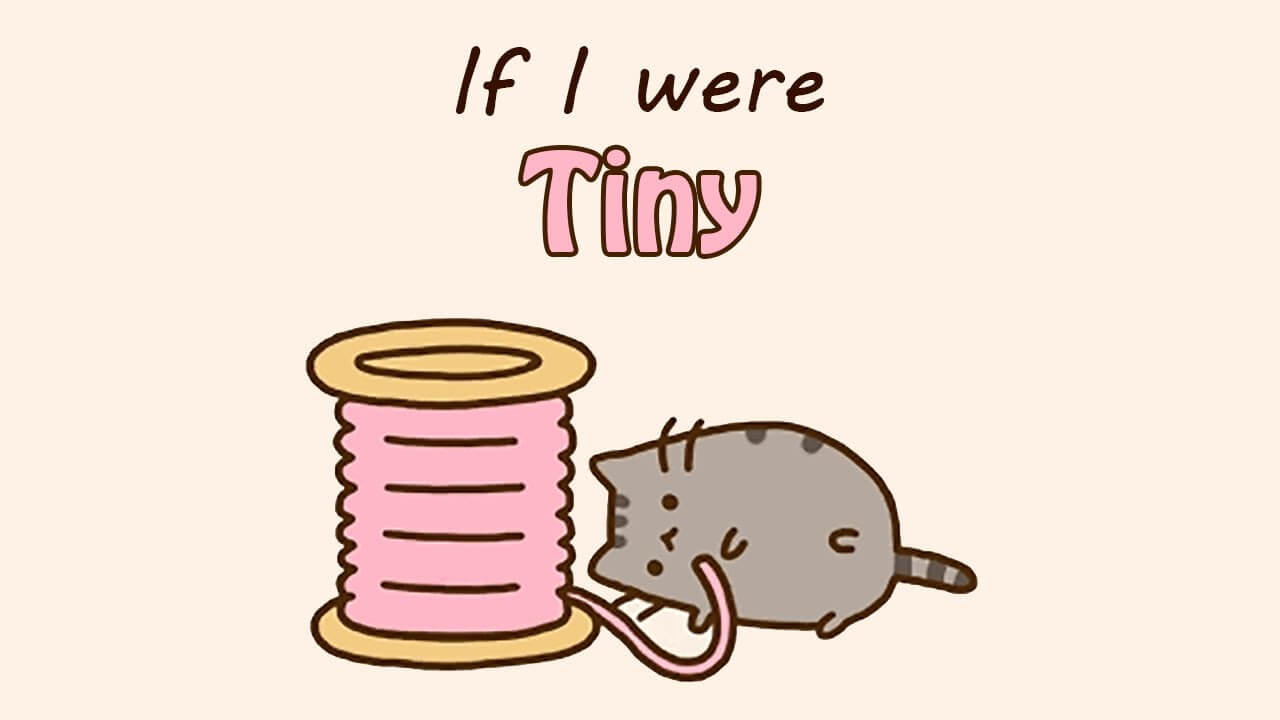A flat Earth would inhabit an entirely different physical reality than the one we know.
What If the Earth Was Flat? : Read more
What If the Earth Was Flat? : Read more
Okay, remember a central tenet of flat earth teaching today is that we live in a geocentric universe and an immovable, flat disk earth. Can you stand on the ground and show the Earth is moving or is it the Sun that is moving above the Earth?Flat earthers teach the Sun moves east-west near the *ends of the flat disk earth*, shinning like a spotlight on the flat disk earth and this causes day and night.
FYI, the Flat Earth Society does agree that the Moon is round while the Earth is flat. https://wiki.tfes.org/Moon
"The Moon is a revolving sphere. It has a diameter of 32 miles and is located approximately 3000 miles above the surface of the earth."
So a round Moon is used in FES teaching and a flat EarthOthers in the flat earth movement teach the Moon is flat and translucent, including during lunar eclipses, stars can shine through the Moon. There are videos on the Internet teaching this.
Yes and it "feels" right to use "were". Is there an easy way to remember when to use "were" over "was"? Do you say something like adding "to be" to it as in, "Earth were to be flat" vs. "Earth was to be flat".What If the Earth Was Flat?
First put into English.
What if the Earth were flat?
Answer: It is not.
Cat
English is my native language.
I must dig out my book on English usage. IIRC the key word is IF, and it is called conditional.Yes and it "feels" right to use "were". Is there an easy way to remember when to use "were" over "was"? Do you say something like adding "to be" to it as in, "Earth were to be flat" vs. "Earth was to be flat".
When I first got on forums, I didn't even know when to use "its" and "it's", but then quickly learned to consider the phrase "it is" for the later.
Yeah, what I sense is that "was" implies something to be considered to be in the past, whereas "were" would be a sense of a future outcome. I once saw two posters get very grammatical with this issue and they used words like "subjunctive case", etc., but that doesn't... eschew obfuscation, at least for me.I must dig out my book on English usage. IIRC the key word is IF, and it is called conditional.
I agree wih you. To say "If I was ... " sounds entirely inept.
Cat

 commonenglisherrors.com
commonenglisherrors.com
Interesting link, and helpful. Thanks.Better still, I just googled "when to use if I were", and got a heap of results, of which I prefer:

When to Use “If I was” vs. “If I were”
A lot of people use “If I was” instead of “If I were” when they use a subjunctive mood in a hypothetical situation.commonenglisherrors.com
Personally, I would feel happier always using "If I were" but it seems that this can sometimes be wrong. Nevertheless, I think you would have to encounter a real pedant to think quickly enough to pull you up on the difference in live conversation.
Cat
You were close...."zur Hölle mit solchen Kleinigkeiten" , per a translator.Hmmmm . . . . . . this is an example:
Where Can I Use “If I Was”?
Based on the aforementioned argument, it’s possible to use “If I was” when something is not true at the moment, but it can be if the speaker tried.
Yeah. Getting a bit abstruse. Anyway, blow it, or, as I would say:
"Zum Henke mit solchen Kleinigkeiten" I'll go see what Google Translate makes of that.
Cat


